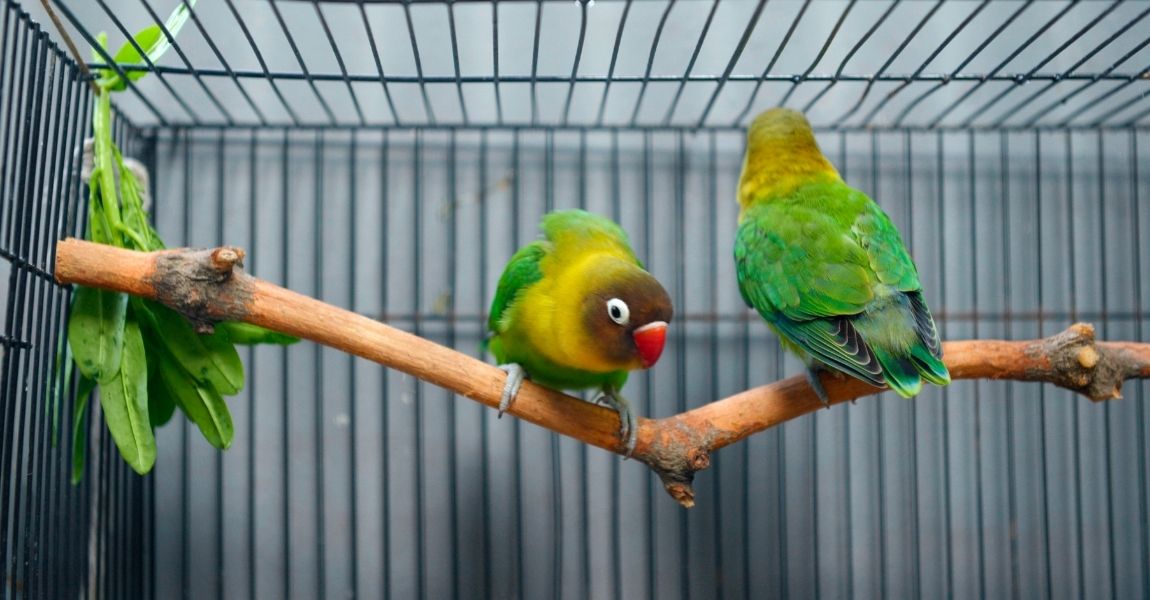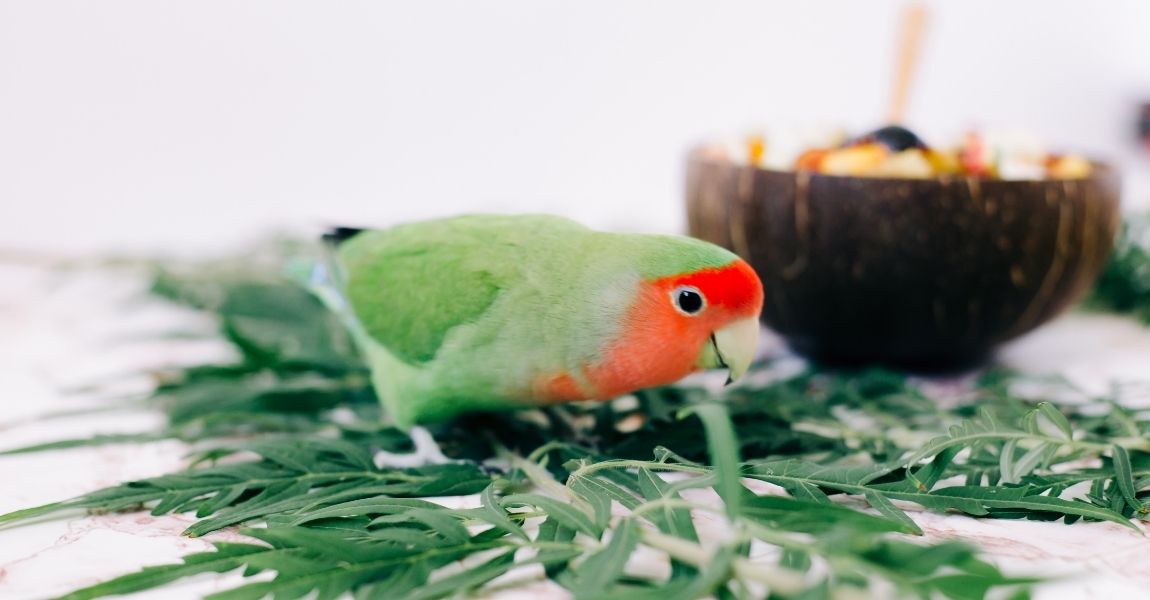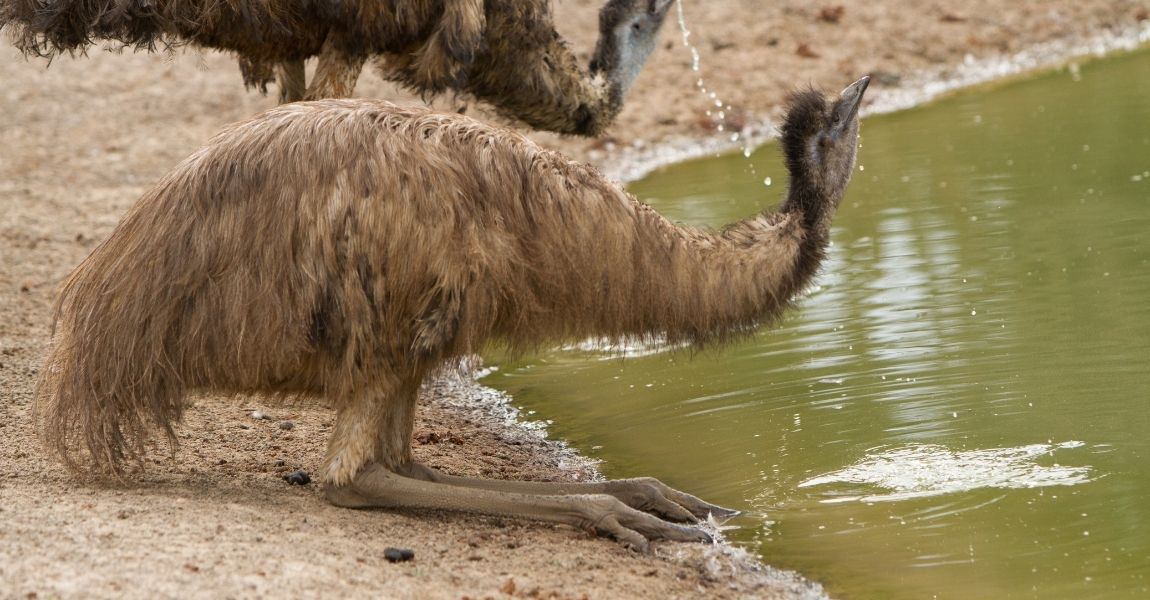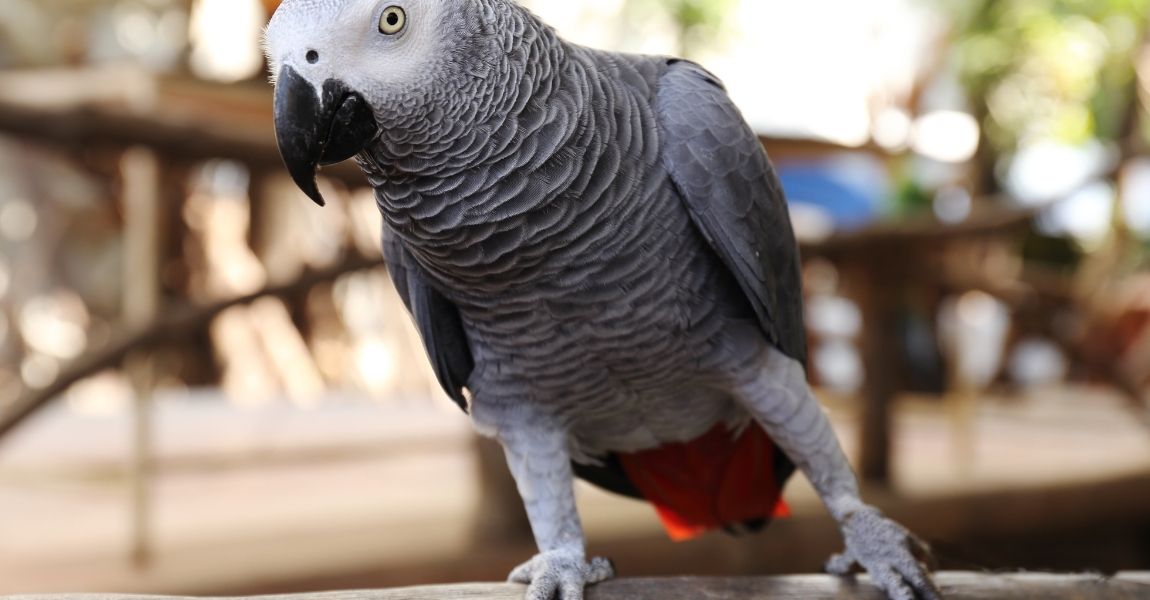Understanding Your Pet Lovebird's Strange Behavior
Introduction:
Owning a pet lovebird can be a delightful and rewarding experience. These colorful and charismatic birds have their own unique personalities and behaviors. While lovebirds are generally known for their playful and affectionate nature, they can occasionally exhibit strange or unusual behaviors that may leave their owners puzzled. In this article, we will explore some common strange behaviors displayed by lovebirds and provide insights into understanding and addressing them.
Feather Plucking:One of the most concerning behaviors observed in lovebirds is feather plucking. Lovebirds may excessively chew or pluck their own feathers, leading to bald patches or even self-inflicted injuries. Feather plucking can be caused by various factors, including boredom, stress, hormonal changes, dietary deficiencies, or medical conditions. It is crucial to consult an avian veterinarian to determine the underlying cause and develop a suitable treatment plan.
Aggression:Lovebirds are known for their feisty and territorial nature. However, if your pet lovebird displays sudden aggression towards you or other birds, it may be indicative of an underlying issue. Aggressive behaviors can result from fear, hormonal changes, lack of socialization, or the desire to protect their territory. Patience, positive reinforcement, and providing a stimulating environment can help address aggression in lovebirds. Consult with an avian behaviorist for professional guidance.
Vocalizations:Lovebirds are highly vocal creatures, and their chirping, squawking, and mimicking sounds are all part of their natural behavior. However, if your lovebird's vocalizations become excessively loud, persistent, or disruptive, it may be a cause for concern. Excessive vocalization can be triggered by boredom, attention-seeking, or even underlying health issues. Ensuring that your lovebird's social, mental, and physical needs are met can help reduce excessive vocalizations.
Nesting Behavior:Lovebirds are known for their strong pair bonding and breeding instincts. If your lovebird starts exhibiting nesting behaviors, such as gathering materials, shredding paper, or entering a hollow space, it may be a sign that they are attempting to build a nest. However, for single birds or those not intended for breeding, this behavior can lead to frustration and aggression. Providing alternative outlets for their nesting instincts, such as toys or chewable materials, can redirect their focus.
Head Bobbing and Preening:Lovebirds often engage in head bobbing and preening as part of their grooming and social behavior. However, excessive head bobbing or over-preening can indicate anxiety, discomfort, or even illness. It is essential to monitor your lovebird's body language, overall health, and environmental conditions to ensure their well-being. Consulting with an avian veterinarian is advisable if you notice any persistent or concerning behaviors.
Conclusion:Understanding your pet lovebird's strange behaviors requires patience, observation, and knowledge of their natural instincts. By recognizing and addressing these behaviors, you can provide a loving and nurturing environment for your feathered friend. Remember to seek professional advice from avian veterinarians or behaviorists when needed, as they can offer valuable insights and guidance. Building a strong bond with your lovebird through positive reinforcement and a stimulating environment will foster a happy and harmonious relationship between you and your beloved pet.





